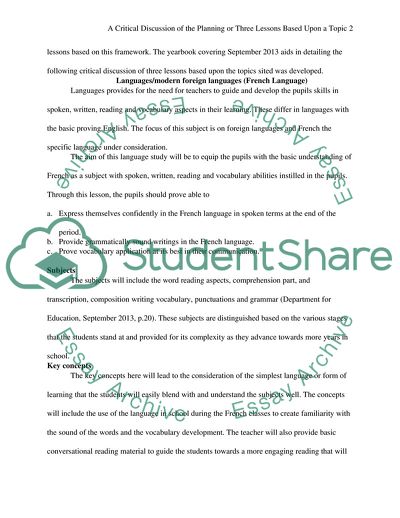Cite this document
(Analysis of the National Curriculum in England Book Essay Example | Topics and Well Written Essays - 2000 words, n.d.)
Analysis of the National Curriculum in England Book Essay Example | Topics and Well Written Essays - 2000 words. https://studentshare.org/education/1864821-a-critical-discussion-of-the-planning-of-three-lessons-based-upon-a-topic
Analysis of the National Curriculum in England Book Essay Example | Topics and Well Written Essays - 2000 words. https://studentshare.org/education/1864821-a-critical-discussion-of-the-planning-of-three-lessons-based-upon-a-topic
(Analysis of the National Curriculum in England Book Essay Example | Topics and Well Written Essays - 2000 Words)
Analysis of the National Curriculum in England Book Essay Example | Topics and Well Written Essays - 2000 Words. https://studentshare.org/education/1864821-a-critical-discussion-of-the-planning-of-three-lessons-based-upon-a-topic.
Analysis of the National Curriculum in England Book Essay Example | Topics and Well Written Essays - 2000 Words. https://studentshare.org/education/1864821-a-critical-discussion-of-the-planning-of-three-lessons-based-upon-a-topic.
“Analysis of the National Curriculum in England Book Essay Example | Topics and Well Written Essays - 2000 Words”. https://studentshare.org/education/1864821-a-critical-discussion-of-the-planning-of-three-lessons-based-upon-a-topic.


